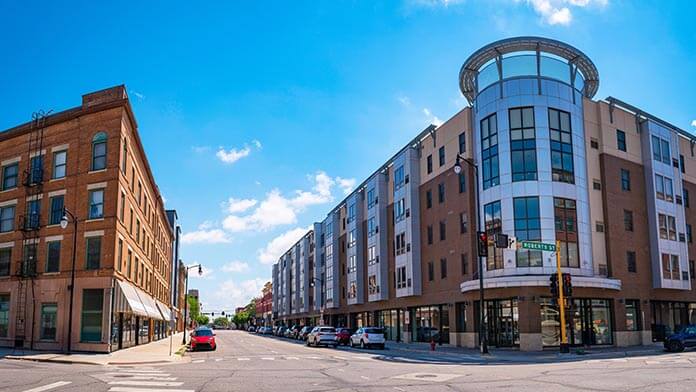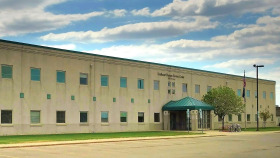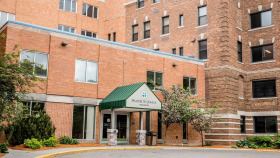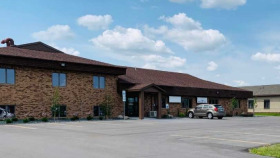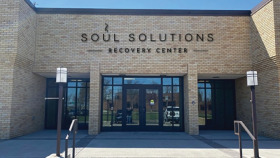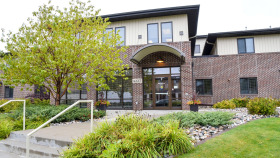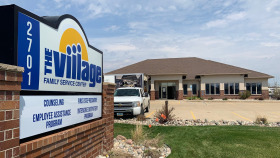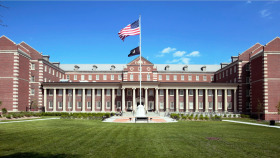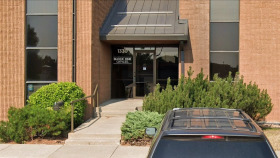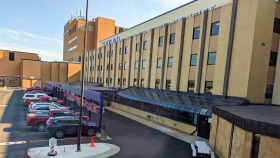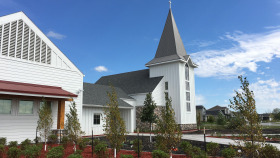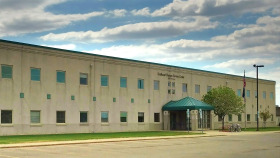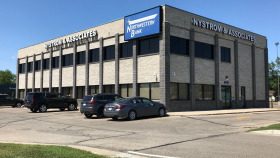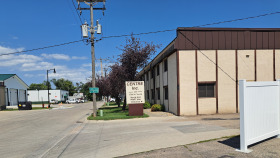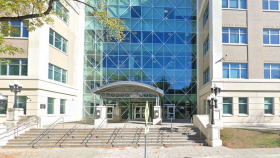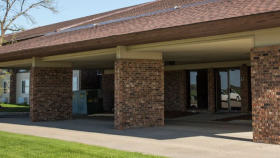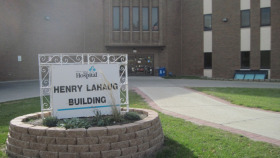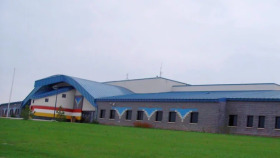Expert Insights
Fargo, North Dakota is the number one city in America for excessive drinking, with a whopping 28 percent of the population qualifying as heavy drinkers.
The reasons for this may be related to the 180 liquor licenses it holds, the extremely cold weather, and the low cost of alcohol. As a neurotoxin that has dire consequences on health, one must ask Americans why consuming alcohol has become a socially acceptable norm.
Similarly, Fargo residents must ask themselves what cup they are truly trying to fill.
~ Lesley Wirth
Financing Alcohol and Drug Rehab in Fargo
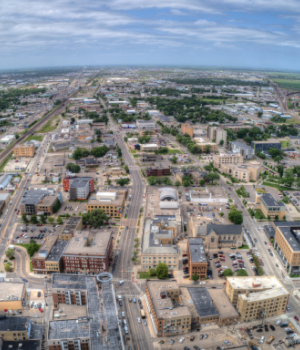 Fargo drug rehabs offer several price points and payment options so that cost is not a barrier to quality care. Treatment options range from short-term outpatient to long-term inpatient programs. You can also find specialized drug rehabs in Fargo offering care for specific population groups such as LGBTQ+, military personnel, men, and women.
Fargo drug rehabs offer several price points and payment options so that cost is not a barrier to quality care. Treatment options range from short-term outpatient to long-term inpatient programs. You can also find specialized drug rehabs in Fargo offering care for specific population groups such as LGBTQ+, military personnel, men, and women.
Free Rehab
- State-funded facilities receive money from the government so they can offer free services to those who cannot afford treatment
- Scholarships through government programs or private donors allow you to attend care at no cost
- Public methadone clinics that are federally funded offer free methadone treatments for opioid addiction
Some free drug rehab centers in Fargo include:
- Southeast Human Service Center Alcohol and Drug Abuse
- ShareHouse
- Fargo VA Healthcare System
If you are unsure if a rehab center offers financial assistance, speak with someone on the treatment staff about grants, scholarships, and sliding-scale payments that may be available.
Private Insurance
If you do not qualify for free treatment and you have an insurance plan, most Fargo rehabs accept insurance. Many private insurance policies, such as Blue Cross Blue Shield, Aetna, and Cigna, will cover part of the cost of treatment. They may use payment options such as:
- Co-pays
- Deductibles
- Co-insurance
Check with your insurance provider to find out more about your specific plan and what services it covers.
Medicare and Medicaid
Medicare is a national healthcare provider funded by the government. It’s available for Americans over the age of 65. Medicare covers the following treatments:
- Opioid addiction treatment
- Inpatient and outpatient rehab
- Alcohol misuse screenings
- Partial hospitalization
- Telehealth appointments
- Medication-assisted treatment
- Group and individual therapy
Medicaid is funded both through the federal government and local government, so the program varies from state to state. It covers most mental health services as Medicare does. In North Dakota, Medicaid is available to the following eligible groups:
- Individuals with income within limits
- Children in foster care or subsidized adoption
- Former foster care children up to age 26, under certain circumstances
- Children with disabilities (birth to 19)
- Pregnant women
- Individuals with breast or cervical cancer
- Workers with disabilities
- Other blind and disabled individuals
- Low-income Medicare beneficiaries
Resources
- Country Health Rankings North Dakota. (2022). North Dakota.
- The City of Fargo Drug Abuse. (n.d.). Prevention.
- Wonder Data. (n.d.). About Multiple Cause of Death.
- Cass County Statistics. (2022). Statistics.
- Center for Medicare and Medicaid Services. (2022). Medicare and your Mental Health Benefits.
- North Dakota Human Services. (2022). Who is Eligible?

